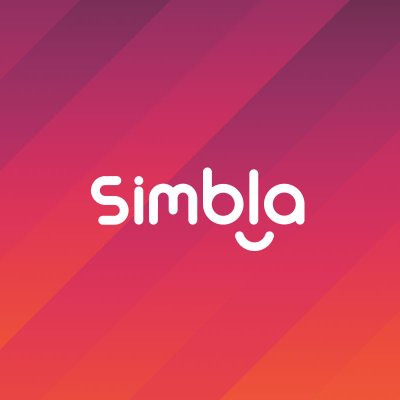
Simbla
A dynamic virtual workspace that fosters collaboration and innovation.
Notion Labs Inc.
Notion is a versatile workspace tool that combines notes, tasks, databases, and wikis into a single platform. It is designed for both individual users and teams, allowing for seamless collaboration in creating and managing documentation. Launched in 2016, Notion has gained immense popularity among remote teams and organizations due to its flexibility and user-friendly interface.
Founded in 2013 by Ivan Zhao and Simon Last, Notion began as a tool for personal productivity and gradually evolved into a comprehensive workspace solution. It gained traction through word-of-mouth and community engagement, leading to significant funding rounds and a growing user base. Notion is now used by millions of users worldwide, from startups to large enterprises.
Notion is built using a modern tech stack including React, Node.js, and PostgreSQL. It leverages cloud services to ensure data availability and security. The application is responsive and optimized for performance across devices.
To maximize productivity with Notion, consider the following best practices:
Personal Pro plan with unlimited file uploads.
This tool offers both free and paid plans. Check their website for detailed pricing information.

A dynamic virtual workspace that fosters collaboration and innovation.
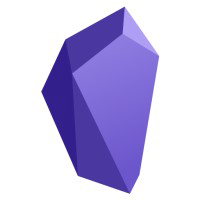
Obsidian is a powerful note-taking tool focused on personal knowledge management.
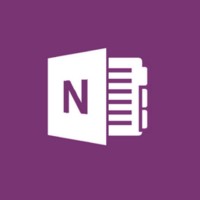
A versatile tool for organizing notes, sketches, and to-dos.
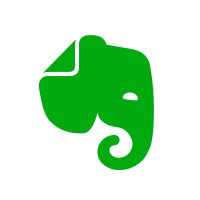
All-in-one note-taking and organization tool for productivity.
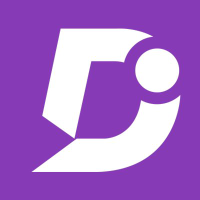
A robust tool for creating and managing technical documentation.
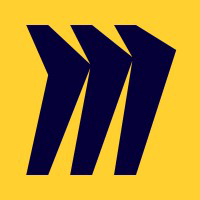
Collaboration platform for visual brainstorming and project planning.
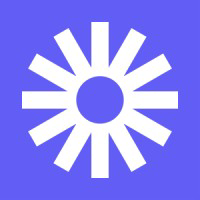
Record and share video messages for remote collaboration.
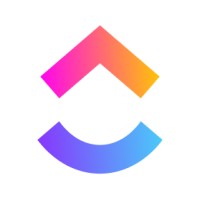
A versatile virtual workspace for project management and collaboration.
Notion provides comprehensive platform support across Web browsers, iOS devices, Android devices, Windows computers, Mac computers. This cross-platform availability ensures you can access and use the tool wherever you work, providing a seamless experience across all your devices.
Notion offers a flexible pricing structure with both free and paid plans to accommodate different needs and budgets.
Notion prioritizes security and data protection with a comprehensive set of features, including End-to-End Encryption, Data Backup, Role-Based Access. The platform complies with major security standards and regulations, including GDPR (General Data Protection Regulation), CCPA (California Consumer Privacy Act).
Notion is specifically designed to meet the needs of startups, small businesses, enterprise organizations, freelance professionals, remote teams. The tool provides features and functionality specifically tailored to address the unique challenges and requirements of these user groups.
Notion offers several significant advantages, including highly customizable interface, robust collaboration features, wide range of templates, cross-platform accessibility, powerful database capabilities, version control for documents, rich media embedding, active community support. However, potential users should consider some limitations, such as steep learning curve for new users, can become overwhelming with features, limited offline functionality, performance issues with large databases, pricing may be high for teams, lacks advanced project management tools, no built-in time tracking, limited export options.
Notion is built on and integrates with modern technologies including Node.js, React, Amazon Web Services (AWS), PostgreSQL. This robust technological foundation ensures reliable performance, scalability, and seamless integration capabilities.
Notion is versatile and can be used in various scenarios, including: Project management, Knowledge base creation, Team collaboration, Personal note-taking, Content planning, Task management, Meeting notes, Client documentation, Product roadmaps, Research organization. These use cases demonstrate the tool's flexibility and broad applicability across different business needs.
Notion was established in 2013 and is headquartered in San Francisco, USA. Since its inception, the platform has evolved and grown to become a trusted solution in its field.
Jobicy
578 professionals pay to access exclusive and experimental features on Jobicy
Free
USD $0/month
For people just getting started
Plus
USD $8/month
Everything in Free, and:
👎 👍
Using Notion? Share your experiences.